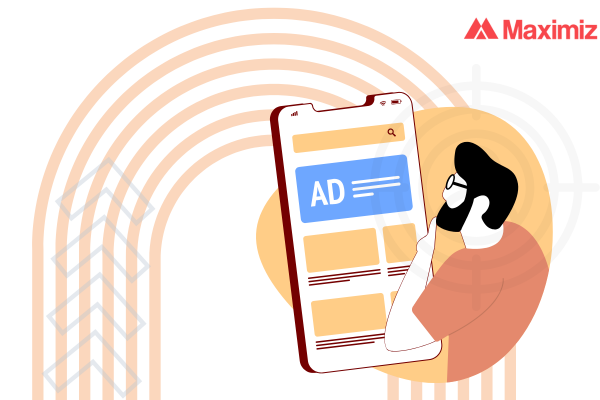Choosing the right e-commerce platform is one of the most critical decisions for small businesses entering the digital marketplace. With 2025 offering new technologies and refined solutions, let’s explore five of the best platforms to power your online store, balancing functionality, ease of use, and scalability.

1. Shopify
If simplicity and scalability are at the top of your list, Shopify remains a top choice. Known for its user-friendly interface and a vast range of customizable templates, Shopify allows businesses to set up quickly while offering advanced tools to grow.
Key Features:
- Integrated payment processing with multiple gateways.
- Access to a rich app store for extended functionality.
- Robust analytics and marketing tools.
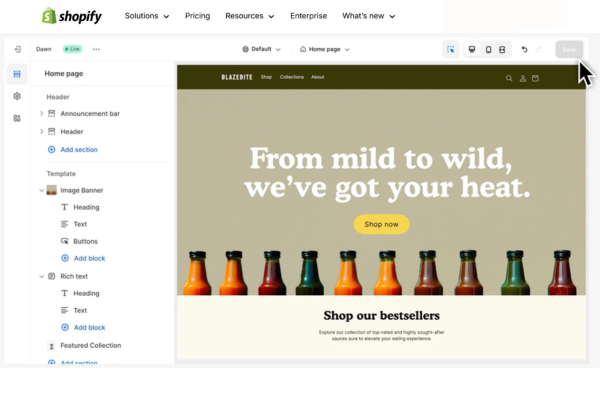
Whether you’re launching a boutique store or planning for a high-volume e-commerce operation, Shopify’s flexibility adapts to your needs.
2. WooCommerce
For small businesses already familiar with WordPress, WooCommerce is a natural fit. As an open-source plugin, it transforms your WordPress site into a fully customizable online store, offering unparalleled control and flexibility.
Key Features:
- Supports extensive customization through themes and plugins.
- A large ecosystem of developers and resources for support.
- No platform fees—just pay for the hosting and extensions you use.
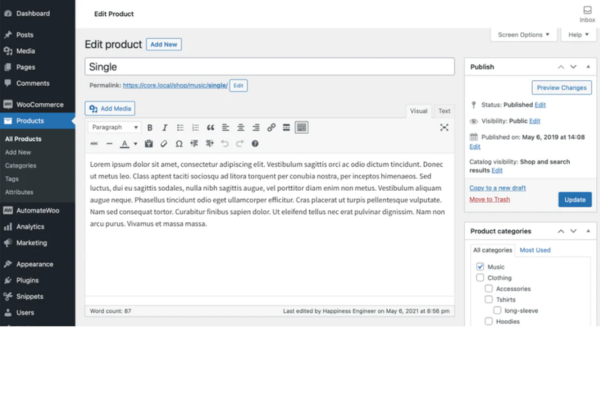
If your small business requires a tailored online experience, WooCommerce provides the tools and freedom to build it.
3. Squarespace
Squarespace stands out for its elegant design templates, making it the go-to choice for visually-driven businesses such as creatives or lifestyle brands. With built-in e-commerce functionality, it delivers an all-in-one solution for small businesses.
Key Features:
- Stunning, mobile-responsive templates.
- Easy drag-and-drop website builder.
- Built-in tools for inventory management and analytics.

For businesses that prioritize aesthetics and simplicity, Squarespace offers a polished, professional solution.
4. Wix eCommerce
Wix eCommerce caters to beginners and small businesses looking for an intuitive platform with design flexibility. While it doesn’t boast the advanced features of some competitors, its simplicity and cost-effectiveness make it an attractive option for smaller product catalogs.
Key Features:
- Simple drag-and-drop functionality.
- Affordable pricing for small businesses on a budget.
- Access to a wide range of customizable templates.
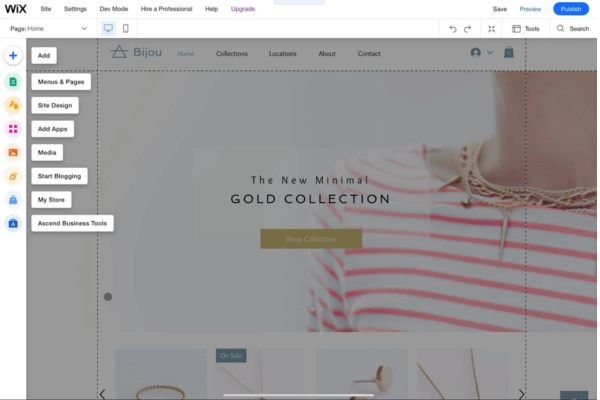
If you’re just starting out or need a platform without a steep learning curve, Wix eCommerce is worth considering.
5. BigCommerce
BigCommerce is a robust solution for small businesses aiming for growth. Its suite of built-in tools, including SEO optimization and multi-channel selling, make it an excellent choice for businesses ready to scale.
Key Features:
- Advanced SEO and marketing capabilities.
- Seamless integration with platforms like Amazon and eBay.
- Support for complex product catalogs.
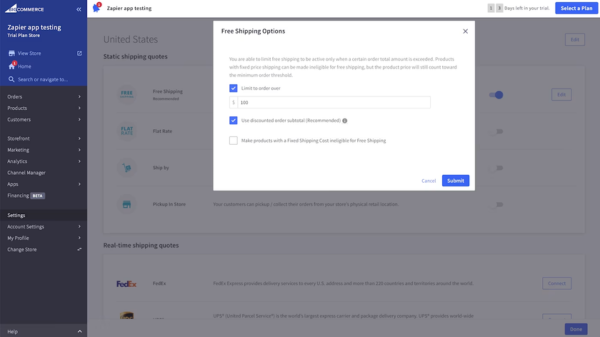
BigCommerce is ideal for small businesses that want enterprise-level features without overwhelming complexity.
How to Choose the Right Platform
When selecting an e-commerce platform, consider:
- Ease of Use: Can you set it up without technical expertise?
- Scalability: Will it grow with your business?
- Customization: Does it offer the flexibility to reflect your brand?
- Budget: Does the pricing align with your financial goals?
Each platform has its strengths, and the best choice depends on your unique business needs. Take advantage of free trials or demos to test features before committing.

Boost Your E-Commerce Sales with Maximiz.ai
Choosing the right platform is just the start. To maximize your sales and conversions, you need tools that turn website visitors into paying customers. Here’s how Maximiz.ai can help:
- Identify Anonymous Visitors: Capture the details of visitors who leave without completing a purchase.
- Grow Your Email List: Integrate with your email marketing platform to build a robust email database.
- Enhance Ad Targeting: Send enriched data to platforms like Facebook for better ad performance and ROI.
- Recover Abandoned Carts: Identify and re-engage potential customers who abandon their shopping carts.
- Boost Conversions: Leverage advanced tracking and analytics to understand visitor behavior and improve sales.

With Maximiz.ai, your small business can turn missed opportunities into measurable growth.


